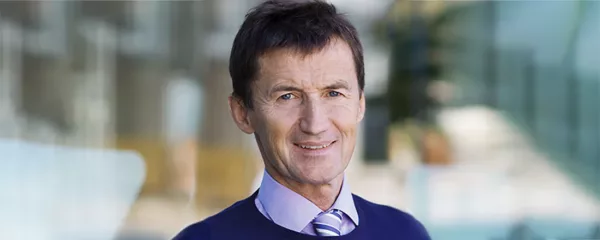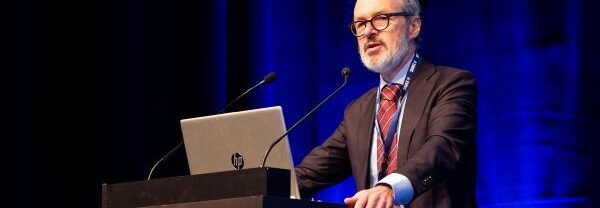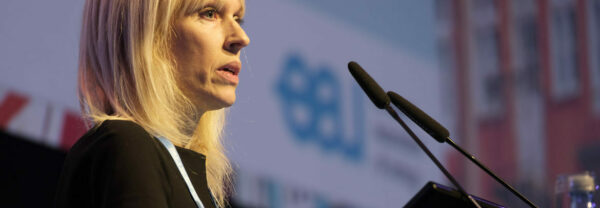EMUC22: Prof. Stenzl’s personal highlights
Year after year since 2008, the European Multidisciplinary Congress on Urological Cancers (EMUC) provides the urological community with integrative solutions and innovations. The upcoming 14th edition of the congress (EMUC22) promises to continue this tradition through the support and collaboration of the European Society for Medical Oncology (ESMO), the European SocieTy for Radiotherapy and Oncology (ESTRO) and the European Association of Urology (EAU).

In this article Prof. Arnulf Stenzl (DE), who is one of EMUC22’s esteemed Steering Committee members and the EAU Adjunct Secretary General – Executive Member Science, offers a preview of the most relevant topics at the congress, as well as, his personal EMUC22 highlights.
What are the most relevant topics at EMUC22 and why?
Prof. Stenzl: As a large part of our practice is early detection of prostate cancer, Plenary Session 1: New tools for meaningful questions in early-stage prostate cancer will provide crucial insights into clinically meaningful methods. The session will deliver varying perspectives on whether MRI-targeted and systematic biopsies are still the roadmap for therapy. The delegates will learn how the teamwork among radiologist, a urologist, radiation oncologist and a focal therapist can be the best way in treating patients. In addition, there will be a deliberation on whether or not PSMA (prostate-specific membrane antigen) with MRI is the treatment guide algorithm in high-risk prostate cancer.
The same goes for early detection and monitoring of bladder cancer. Urinary markers will be a topic favourite. During Plenary Session 3: New strategies in bladder cancer, experts will discuss the role of urinary markers in non-muscle invasive bladder cancer; transurethral tumour removal for bladder preservation strategies; molecular subtyping and gene profiling.
Other important topics that EMUC22 will cover are testicular and penile cancers. These rare cancers affect young and usually otherwise healthy men. Fortunately, in most cases, testicular cancer is curable but we must be aware of the long-term physiological and psychological effects of the treatment. Penile cancer is an orphan tumour with mostly unsuccessful treatment options. Plenary Session 8: Interdisciplinary challenges in penile and testicular cancer will comprise of multidisciplinary case discussions with potentially promising options.
What are your top 3 personal highlights of the EMUC22 programme and why?
Prof. Stenzl: My personal highlights include the:
- Interactive case-based debates because these show the real-life challenges faced and strategies undertaken in the clinical practice
- Presentation about artificial intelligence (AI) and on how AI can be used for better and faster exploitation of literature such as “Sense-mining the Literature: How Artificial Intelligence Can Help Us Master the Evidence”
- Presentation on what can uro-oncologists learn with regards to motivation during the most extreme situations in surgery and oncology by a renowned free climber.
To know more about EMUC22, please explore the congress’ scientific programme now.
EMUC22 will take place from 10 to 13 November 2022 in Budapest, Hungary in conjunction with the 10th Meeting on the EAU Section on Urological Imaging (ESUI22).


